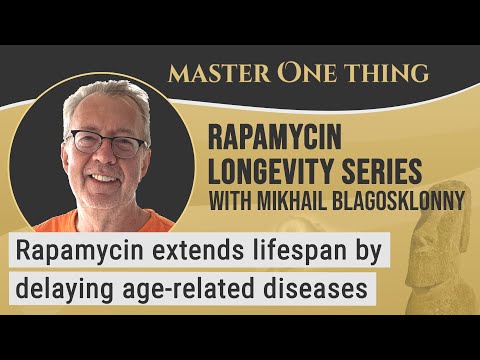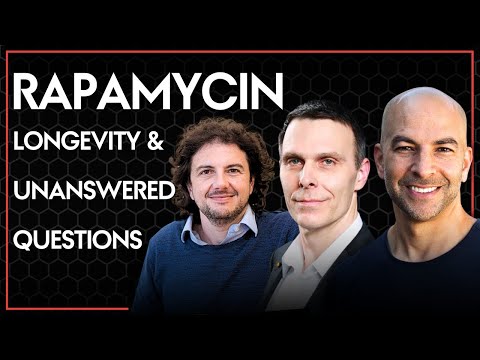Since the revelation of MB and his cancer, I’ve looked at this topic more thoroughly, especially human studies.
The first question is whether rapamycin Causes cancer?
There are studies , such as the Taiwan study, that indicate an increased incidence of cancer in rapamycin users. It’s important to remember that these are entirely in transplant patients on high dose therapy and in a generally sicker population. The meta analysis suggests an overall decrease in cancer, even in transplant populations, but primarily of skin cancer. Again, we have no human information on low dose intermittent usage and cancer prevention. No information.
Does rapamycin promote cancer spread/ metastasis?
I see no indication of this. I asked Alan Green this specific question regarding his own patient population and he responded with two words. “ No. Opposite.”. Surveys of people on low dose are also not revealing aggressive cancer activities.
Does rapamycin Cure cancer?
In some limited cases, but in general disappointing, and needs to be combined with other agents. A close inspection of figure 3 in this article in the excellent molecular journal explains this:
You’ll see in figure 3 that low dose rapamycin does have an effect, but also , to get cancer killing, you need to inhibit both mTOR 1 and 2 completely, as well as the three downstream targets of S6 K, 4 E- BP1, and the feedback loop of AKT. Virtually impossible on less than toxic doses. Needs to be used in combination with other agents. Not a good cure for cancer in humans.
Does rapamycin Prevent cancer in humans?
It’s already been mentioned that it may prevent the benign basal cell skin cancer, but again at transplant doses. But let’s remember that the Best defense, by far, is immuno surveillance . We must try to prevent immunosenescence of our B and T cells, stabilize and protect their DNA, and maintain their ability to kill pathogens and cancer cells.
Here’s an excellent review:
https://www.immunology.org/public-information/bitesized-immunology/cells/cells-t-cd8
Mannick has shown, in humans, that low dose, weekly everolimus, does in fact increase the levels of protective T cells as well as decreasing the nasty programmed death cells. The equivalent rapamycin dose would be quite low.
Here’s an excellent review of the importance of DNA damage as it relates to immunosenescence.
It specifies essentially 3 substances which have been shown to have value. Rapamycin in low dose, metformin, and spermidine. Spermidine May also protect against histone modifications.
It also points out that rapamycin has a long memory, in that patients were protected against viral respiratory infections for a year after stopping the drug.
We must also keep in mind that different individuals, and even tissue types ,will respond differently.
So I think it’s possible that low dose weekly rapamycin may protect our immune systems, which is very important in cancer prevention. There’s no direct evidence of course,and we may never have direct evidence.
Given rapamycin’s long memory, it’s tempting to use it for a period of time, say a month, and then use spermidine and metformin/ berberine on other months. I’m also somewhat concerned about immune over stimulation, so month breaks altogether could be considered.
I continue to believe that low dosage is important as well as an intermittent schedule. It’s still all lacking in much human data and clearly presents a certain degree of risk.
Blockquote

